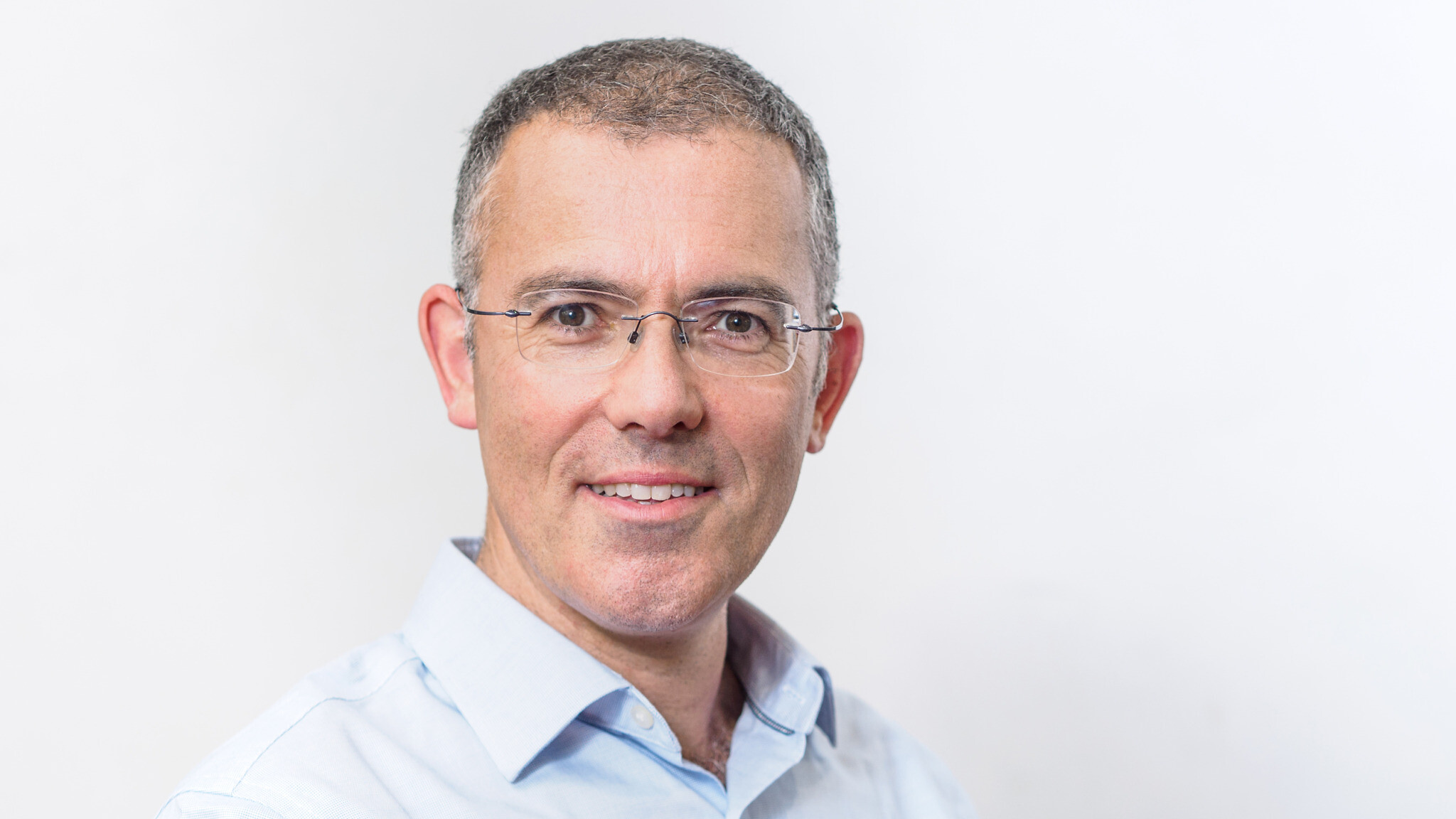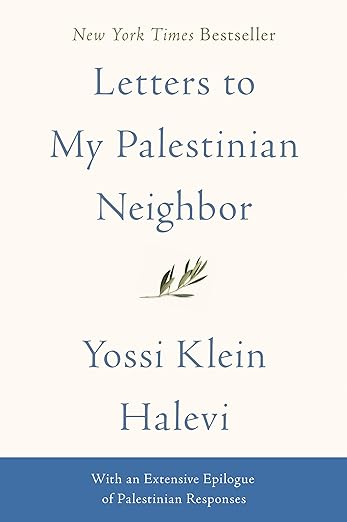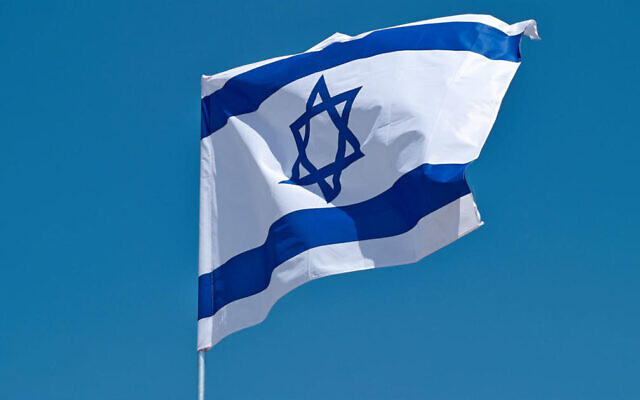OPINION: Will we have Zionist grandchildren?
'We have failed to educate our children properly about Israel', writes Adam Taub
Matthew Parris recently wrote in The Times newspaper that Israel is in danger of losing its friends. The number of civilian casualties from its operation in Gaza alarms him and if Israel does not change course it risks losing the sympathy of its supporters.
I believe him. But I do not have the option that Matthew Parris has, to turn my back on Israel.
I know that Israel is a guarantor of Jewish safety throughout the world. I know that Israel and Jews are inseparable in the eyes of organisations like Hamas, Hezbollah, the Muslim Brotherhood and the leaders of Iran. I have read too much Jewish history to think that if Israel did not exist, there would be no more antisemitism.
For over 40 years Yossi Klein Halevi has been a commentator on modern Israeli politics. His book, ‘Letters to My Palestinian Neighbour’, is a heartfelt plea to find a way for the two peoples to live together in a land that they both hold sacred and call home. In the Times of Israel, he recently wrote: ‘We know that many of those who are demanding a ceasefire are our friends, good people who are horrified by Gaza’s devastation. But the fact that even they don’t seem to understand what’s at stake in this war, and that a ceasefire would allow Hamas to regroup, only reinforces our sense of isolation…’
There are moments when we must risk going alone. We know that the longer the fighting in Gaza lasts, even our friends will begin to pressure us to relent. We must resist that pressure and not fear the consequences.
I understand these words. I understand that Israel cannot afford to live with a terrorist organisation on its southern border a mile or so from its towns and villages. I understand that the notion that Hamas can be trusted to become a responsible governing authority concerned for the welfare of the people of Gaza lies in tatters in the wake of the massacre of 7 October.
So I cannot turn my back on Israel.

But what does it mean for our children? What does it mean for the next generation of Jews who have grown up in a different world to the one of my childhood?
I still remember sitting in synagogue on Yom Kippur 1973 and hearing the whispered conversations of shock. I still remember the massacre of athletes at Munich in 1972 and the hijacking of aircraft culminating in Entebbe. In short, I remember the feeling that Israel is a tiny, vulnerable country beset by enemies in a hostile corner of the world.
But my children have none of these memories. They have known only a militarily strong Israel. They have known only an Israel led almost exclusively by Netanyahu. They have known only an Israeli divided against itself with ultra-Orthodox Jews avoiding the draft and extreme religious nationalists trying to evict Palestinians and Israeli Arabs.
I am worried that they do not have an unshakeable commitment to Israel, an emotional attachment that goes far beyond summer holidays spent in Herzliya. I know that, as a community, we have tried to imbue them with a love of Israel through songs, camps and trips, through stories of innovation like cherry tomatoes and water irrigation in Africa. But these identity-strengthening exercises cannot be relied on to fill them with pride or ensure their continued commitment.

The extraordinary story of Israel that encompasses heroism and sacrifice, the return of a nation to its homeland after 2000 years, the creation of a refuge for immigrants from all over the world, is the most remarkable story of national revival. And our children do not know it. Without that foundational knowledge, our children will be easily confused, shocked by the images that social media will feed them and open to the simplistic narratives offered by those who blame Israel exclusively for the situation.
I meet many young Jews and some of the smartest of them are attracted to anti-Zionist positions: they feel it is their responsibility as Jews to oppose the state of Israel as a colonial power that oppresses the Palestinians.
Without facts, without knowledge, our young people are defenceless against lies, half-truths and distortions. For example, I recently heard a popular Palestinian spokesperson argue that the West Bank is a peaceful community of Palestinians and yet Israelis are not willing to make peace. It sounds reasonable, unless you know that in the Second Intifada, Palestinian suicide bombers entered Israel from the West Bank and blew themselves up in restaurants, bus stops and public places with the aim of killing as many Israelis as possible.
Without facts, without knowledge, our children are susceptible to false arguments that will shake their commitment. And, sadly, our children are ignorant. They do not speak Ivrit. They know little or nothing of Jewish history, of the philosophies of Zionism, of the founders of the State, of its challenges, failures and successes, of the remarkable culture of modern Israel. How is it possible to love Israel deeply without knowing about it?
We, as a community, have been sleepwalking towards a crisis. We have failed to educate our children properly about Israel. If we do not wake up and take education of the next generation seriously, we will find that when confronted with the next challenge that Israel will face, they will shrug and say “it’s not my problem”.
It is OUR problem.
- Adam Taub is the co-founder of Etgar, a charity that inspires Jewish students in primary and secondary schools to master foundational knowledge of Judaism and Israel.

Thank you for helping to make Jewish News the leading source of news and opinion for the UK Jewish community. Today we're asking for your invaluable help to continue putting our community first in everything we do.
For as little as £5 a month you can help sustain the vital work we do in celebrating and standing up for Jewish life in Britain.
Jewish News holds our community together and keeps us connected. Like a synagogue, it’s where people turn to feel part of something bigger. It also proudly shows the rest of Britain the vibrancy and rich culture of modern Jewish life.
You can make a quick and easy one-off or monthly contribution of £5, £10, £20 or any other sum you’re comfortable with.
100% of your donation will help us continue celebrating our community, in all its dynamic diversity...
Engaging
Being a community platform means so much more than producing a newspaper and website. One of our proudest roles is media partnering with our invaluable charities to amplify the outstanding work they do to help us all.
Celebrating
There’s no shortage of oys in the world but Jewish News takes every opportunity to celebrate the joys too, through projects like Night of Heroes, 40 Under 40 and other compelling countdowns that make the community kvell with pride.
Pioneering
In the first collaboration between media outlets from different faiths, Jewish News worked with British Muslim TV and Church Times to produce a list of young activists leading the way on interfaith understanding.
Campaigning
Royal Mail issued a stamp honouring Holocaust hero Sir Nicholas Winton after a Jewish News campaign attracted more than 100,000 backers. Jewish Newsalso produces special editions of the paper highlighting pressing issues including mental health and Holocaust remembrance.
Easy access
In an age when news is readily accessible, Jewish News provides high-quality content free online and offline, removing any financial barriers to connecting people.
Voice of our community to wider society
The Jewish News team regularly appears on TV, radio and on the pages of the national press to comment on stories about the Jewish community. Easy access to the paper on the streets of London also means Jewish News provides an invaluable window into the community for the country at large.
We hope you agree all this is worth preserving.






















